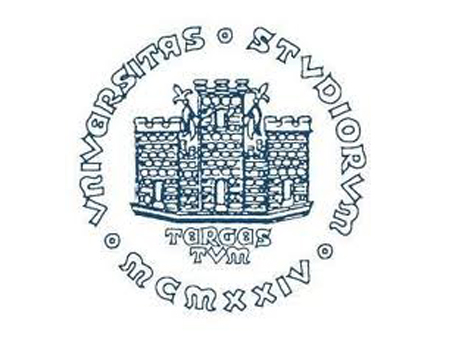12 Giu, 2017
9:00 - 15:00
Informazioni
MASSIMO 30 POSTI DISPONIBILI (LA PRECEDENZA DI ISCRIZIONE A QUESTO CORSO VA AI DOTTORANDI DEL CORSO DI AMBIENTE E VITA)
PROGRAMMA “Introduction to applied Statistics and R for PhD students” – prof. Giovanni Bacaro
Numero ore: 24
Obiettivi formativi: The course is aimed at PhD students. The course content is designed to bridge the gap between basic R coding and basic/advanced statistical modelling. The three (or four) day long course will consist of series of modules, designed to build required skills to perform a family of analyses that is frequently encountered in the biological and ecological literature.
Contenuti del corso:
1 - Introduction to R: introduction of some fundamental statistical concepts and coding practices usign R and specific GUIs (Rcommander and Rstudio). Data manipulation & visualization using available packages such as ggplot2 and GrapheR.
2 – Classic Linear Models: Univariate regressions, diagnostics & plotting fits, Adding additional continuous predictors (multiple regression); quantile regression; scaling & collinearity; Adding factorial (categorical) predictors & incorporating interactions (ANCOVA)
3 – Advanced Linear Models: Generalised Linear Models (binomial and count data); Mixed effects models; Nonlinear models; Model selection & simplification (likelihood ratio tests, AIC, glmmulti)
4 – Geo-statistical linear models: An overview of model-based geostatistics; Classical parameter estimation; Empirical and Theoretical Semivariograms; geostatistical model estimation; kriging.
5 – Analysis of diversity patterns using the “vegan” package: classic alpha and beta-diversity indices (Shannon, Simpson, Pielou, Whittaker, Jacard); Rarefaction analysis, Distance Decay analysis.
6- Analysis of multivariate datasets: Cluster analysis, PCA, RDA, PCOA, nMDS, variance partition techniques.
Course Details: Each module will include practical exercises and supplementary challenges to help attendees build their understanding of the concepts. All course materials (including copies of presentations, practical exercises, data files, and example scripts) will be provided electronically to participants. The course will begin by quickly reviewing some fundamental statistical concepts and coding practices.
Metodi didattici: 3 (or 4) days, approximately 8 teaching hours per day (in total 24 hours).
Modalità di verifica dell’apprendimento: final test
Altre informazioni:
Used Software: R/Rstudio/Rcommander
R is a (free) open source programming language and software environment for statistical computing and graphics.
Equipment and software requirements: A laptop/personal computer with a working version or R and RStudio installed. R and RStudio are supported by both PC and MAC and can be downloaded for free by following these links:
-http://cran.r-project.org/bin/windows/base/
-http://www.rstudio.com/products/rstudio/download/
Assumed quantitative knowledge: A basic understanding of statistical concepts.
Suggested Readings
1) Field A., Miles J., Field Z. 2012. Discovering Statistics using R. Sage. 992
2) Crawley, M.J. 2012. The R Book, 2nd edition. Wiley
2) Borcard, D. ,Gillet, F. ,Legendre, P. 2011. Numerical Ecology with R. Springer
3) Diggle, P. J., Ribeiro Jr, P. J. 2007. Model-based Geostatistics Series: Springer Series in Statistics., X, 230 p. (http://www.leg.ufpr.br/mbgbook/)


